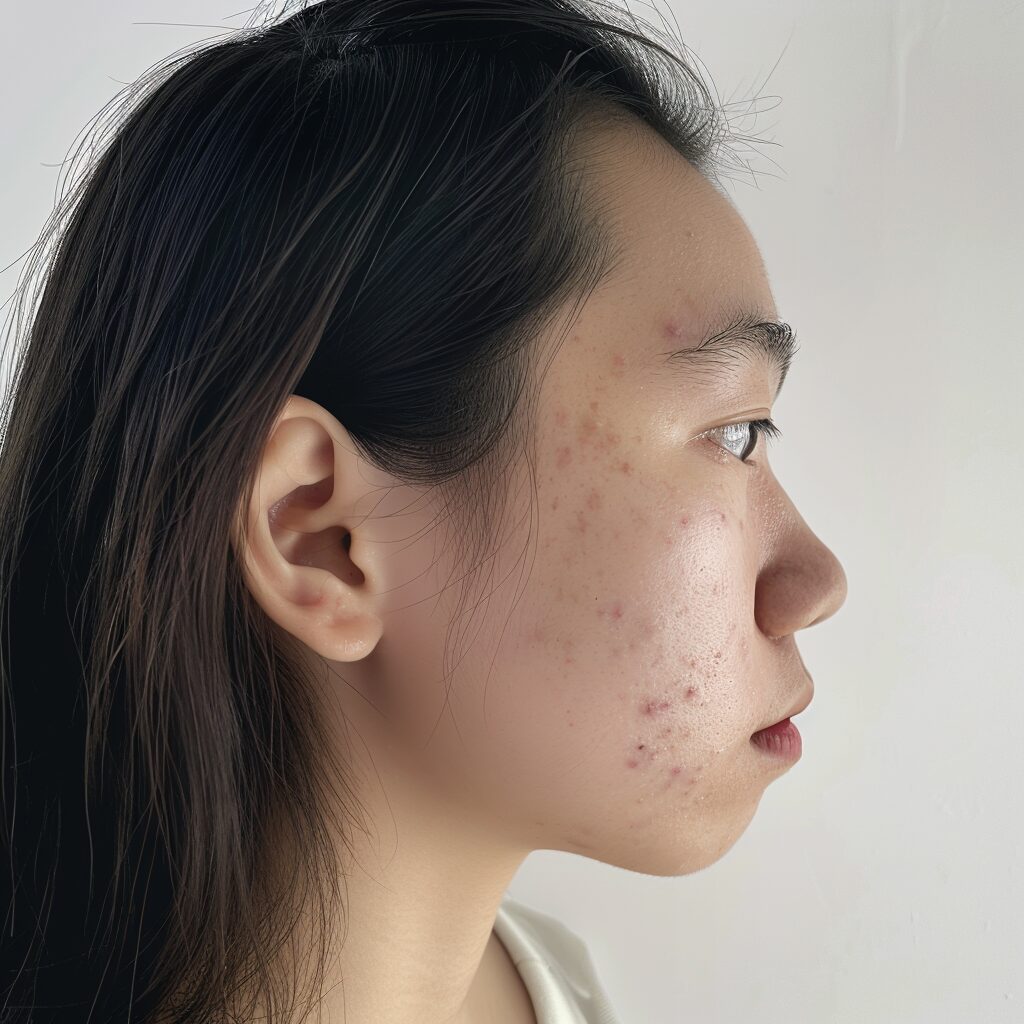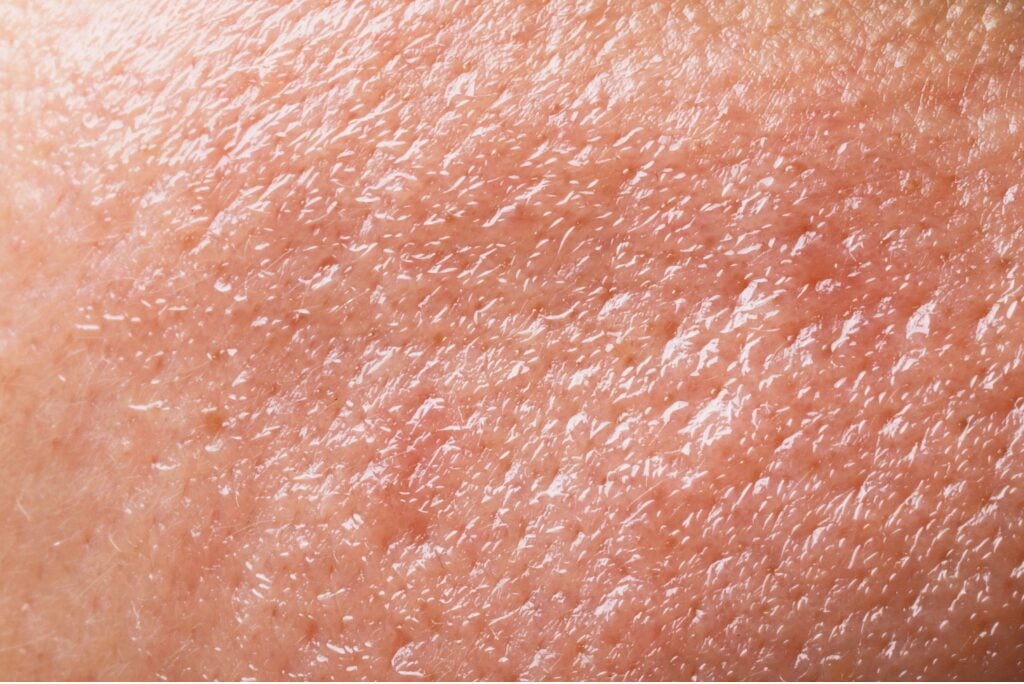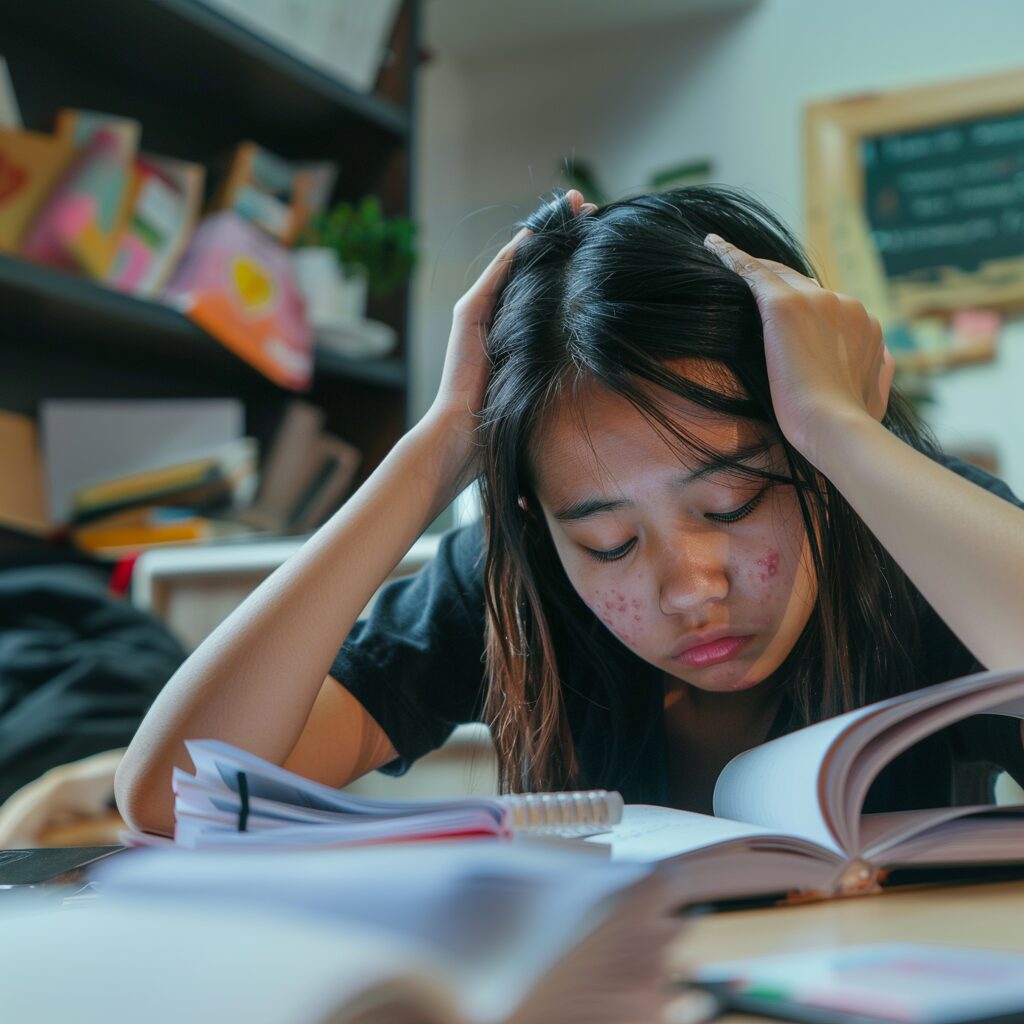
Acne is more than just a skin issue for youths and teenagers; it can significantly impact their self-esteem and confidence. Beyond academics, school years are crucial for building a social life, and becoming more aware of one’s appearance is part of this process. If your child is struggling with acne, they may turn to you for support, and finding an appropriate facial wash is often the first step in tackling breakouts. With so many products available, the search can feel daunting. But don’t worry – this guide is here to simplify your search and help you make the best choices to support your child on their journey to clearer, healthier skin.
- Understanding Acne: Why the Right Facial Wash Matters
- Key Ingredients to Look for in an Acne Facial Wash
- Factors to Consider When Choosing a Facial Wash for Acne
- Building a Simple Skincare Routine for Your Child
- Lifestyle Tips to Prevent and Manage Acne
- When to Seek Professional Help
- Wrapping Up: Guiding Your Child Toward Clearer, Happier Skin
Understanding Acne: Why the Right Facial Wash Matters
Acne is a common skin condition among school-aged children and teens due to hormonal changes, increased oil production, and exposure to bacteria. A good skincare routine is vital, and a facial wash designed for acne can help remove excess oil, unclog pores, and reduce inflammation. However, not all products work in the same way, so finding one that suits your child’s skin type and needs is essential.
Key Ingredients to Look for in an Acne Facial Wash
When shopping for an acne facial wash, it is important to pay attention to the ingredients as the active components determine the product’s effectiveness.
1. Salicylic Acid
Salicylic acid is a gentle exfoliant that helps clear clogged pores. It is one of the most common ingredients in acne face washes and is excellent for reducing blackheads and whiteheads. If your child has sensitive skin, look for products with a lower concentration (around 0.5 to 2%) to prevent dryness and irritation.
2. Benzoyl Peroxide
Benzoyl peroxide is well-known for its bacteria-fighting properties and is another staple in acne facial washes. It effectively targets the bacteria that contribute to acne and helps dry out existing pimples. However, it can be drying or irritating for some children, so it is best to start with a lower concentration (between 2.5 to 5%) and observe how your child’s skin reacts.
3. Tea Tree Oil
Tea tree oil is a natural antibacterial and anti-inflammatory agent, making it a great option for parents seeking a more natural approach. Some acne facial washes incorporate tea tree oil to gently target breakouts. However, some children may be sensitive to essential oils, so it’s advisable to perform a patch test before regular use.
4. Alpha-Hydroxy Acids (AHAs)
AHAs, such as glycolic acid or lactic acid, are effective for gentle exfoliation. They help shed dead skin cells and keep pores clear, reducing the risk of new acne formation. AHAs can also improve the skin’s texture, leaving it feeling smoother.
5. Niacinamide
Niacinamide, a form of Vitamin B3, has anti-inflammatory properties that can help reduce the redness and swelling associated with acne. It also provides moisturizing benefits, making it a suitable choice for children who need a balance between acne treatment and hydration.
Factors to Consider When Choosing a Facial Wash for Acne

Knowing the ingredients is important, but understanding how they interact with your child’s specific needs is equally vital.
1. Skin Type
Identify whether your child has oily, dry, combination, or sensitive skin. Oily skin may benefit from a gel-based wash with stronger active ingredients like benzoyl peroxide, while sensitive or dry skin may need a milder, cream-based wash with soothing ingredients like aloe vera or chamomile.
2. Frequency of Use
Over-washing the face can strip the skin of its natural oils, which may lead to increased oil production and more acne. For beginners, encourage your child to start with washing their face twice a day, morning and night, using a small amount of the acne facial wash.
3. Fragrance and Additives
Avoid facial washes with artificial fragrances, alcohol, or harsh additives that can irritate the skin. Opt for non-comedogenic products that won’t clog pores and hypoallergenic washes suitable for sensitive skin.
Building a Simple Skincare Routine for Your Child
Using an acne facial wash is just one part of a proper skincare routine. Here’s a step-by-step guide to help your child maintain clear skin:
- Cleanser: Start with a gentle facial wash that suits their skin type and acne needs. Use lukewarm water, as hot water can dry out the skin.
- Moisturizer: Hydration is important, even for acne-prone skin. Opt for lightweight, non-comedogenic moisturizers that provide moisture without adding excess oil.
- Sunscreen: Sunscreen is essential, especially if your child uses acne treatments that increase sun sensitivity. Use a broad-spectrum SPF of at least 30 and choose oil-free formulations.
- Spot Treatment (if needed): For stubborn pimples, apply a spot treatment with benzoyl peroxide, salicylic acid, or sulfur directly to the blemish after moisturizing.
Lifestyle Tips to Prevent and Manage Acne

While using the right products can help manage acne, a few lifestyle changes can also make a significant difference.
- Maintain a Healthy Diet: A balanced diet rich in fruits, vegetables, and whole grains can support skin health. Encourage your child to limit processed foods and sugary snacks.
- Manage Stress Levels: Stress can trigger or worsen acne breakouts, so encourage your child to practice self-care techniques like exercise, meditation, or engaging in relaxing hobbies.
- Avoid Touching the Face: Encourage your child to avoid touching their face, as hands can transfer bacteria and oil, leading to breakouts. Encourage regular handwashing.
- Shower After Physical Activities: Sweat and oil buildup from sports or exercise can worsen acne. Make it a habit for your child to shower and wash their face afterward.
- Keep Pillowcases and Towels Clean: Regularly wash pillowcases and towels to reduce the transfer of bacteria and oil to the skin.
When to Seek Professional Help
Over-the-counter facial washes and skincare routines can be effective, but in some cases, more serious acne may need medical attention. If your child’s acne is persistent, severe, or affecting their emotional well-being, it may be time to consult a doctor or dermatologist. They can provide a tailored treatment plan that might include prescription creams, oral medications, or other professional skincare treatments.
Wrapping Up: Guiding Your Child Toward Clearer, Happier Skin
Choosing the right facial wash for your child’s acne can be challenging, but it doesn’t have to be overwhelming. By understanding key ingredients, considering your child’s skin type, and adopting a holistic skincare routine, you can help them manage acne more effectively. With regular care, support, and the right guidance, your child can navigate their acne struggles and develop habits that promote healthy, radiant skin!
